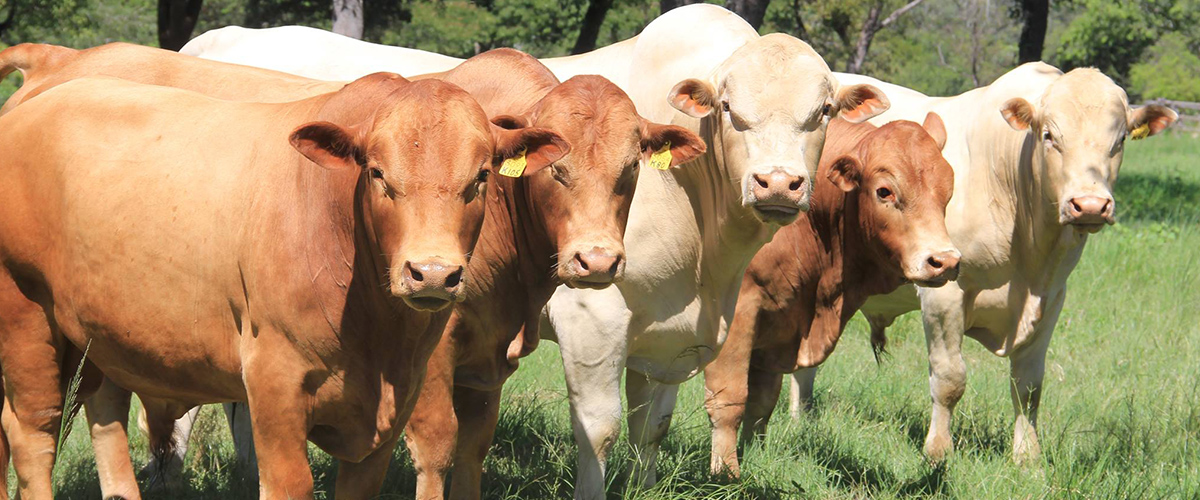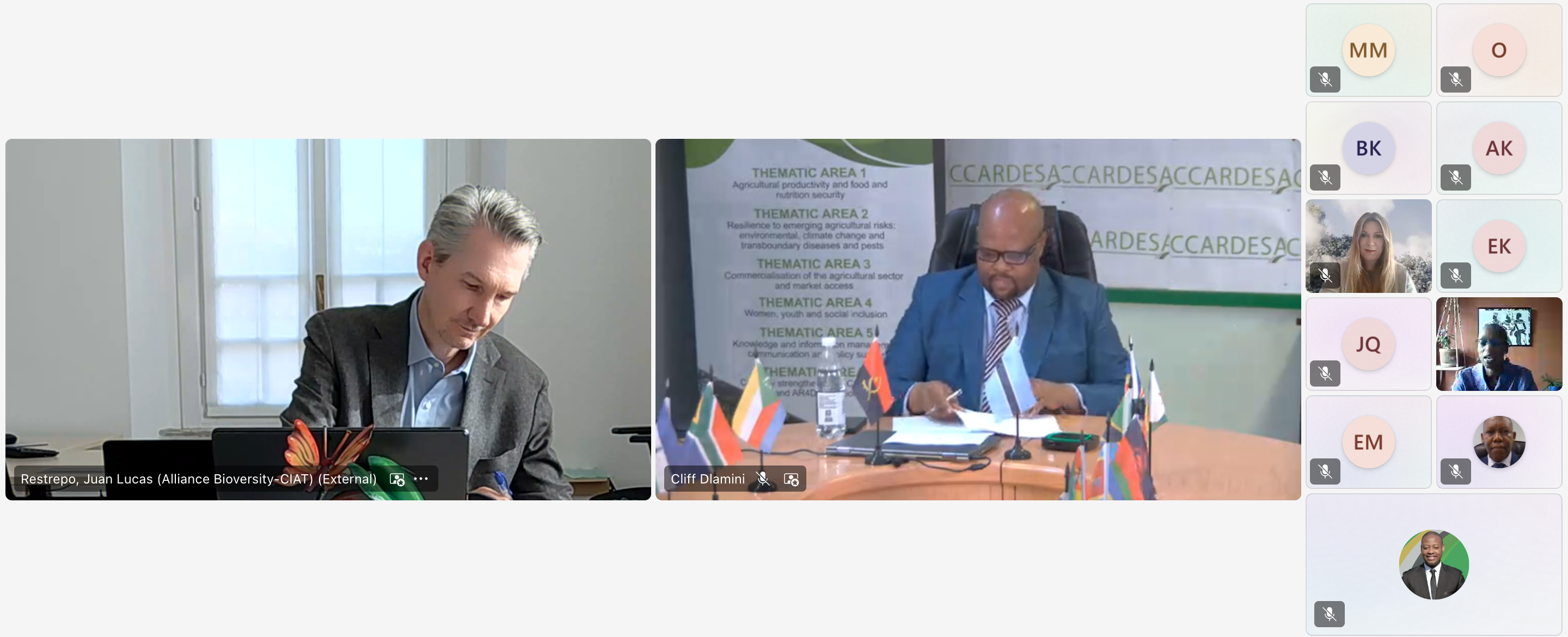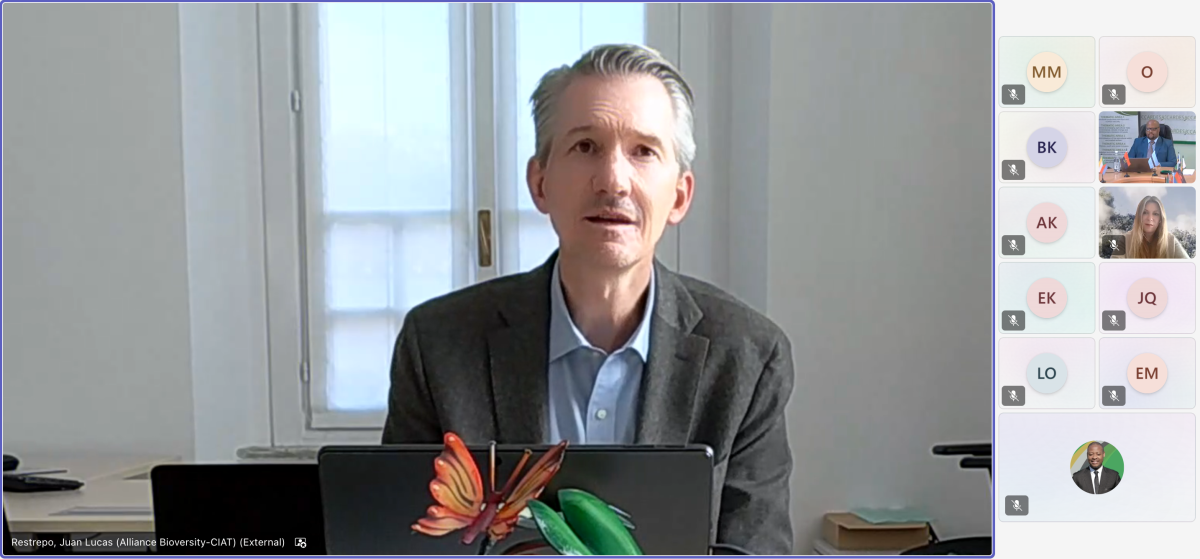Description/Abstract
Given the reduced involvement of the youth in the SADC region in agriculture, CCARDESA saw it imperative to organise a Youth in Agriculture Summit to discuss the challenges that hinder the involvement of youth in agriculture. The Summit, running under the theme “Unlocking Agri-business Opportunities for Youth in Southern Africa,” was organized from the 3rd to the 6th of August 2015 in Durban, South Africa The summit was attended by representatives from different institutions in the SADC region including various intergovernmental institutions (SADC, COMESA, FARA, CCARDESA, AS-ARECA, CORAF/WECARD, FAO), the South African government, the City of Durban, youth organisations from the region and beyond in-volved in agriculture. In total about 350 people attended the Summit, a first in the SADC region for Youth in Agriculture.
The summit was supported by a number of institutions including the European Union (EU), USAID, World Bank and Ethekwini Municipality. A number of institutions across the region also partnered with CCARDESA in the organization of the summit including ARC/LNR, AGRA, FiBL, WorldFish, ASARECA, LandBank, African Network for Agri-culture, Agroforestry & Natural Resources Edu-cation, University of Kwazulu Natal, Agribusi-ness Forum Botswana, International Livestock Research Institute (ILRI), Common Market for Eastern and Southern Africa (COMESA), IITA, TechServe Alliance, ICRISAT, West and Central African Council for Agricultural Research and Development, Africa University, Forum for Agri-cultural Research in Africa (FARA), Economic Development Commission for Southern Africa (EDCSA), and Kilimo Trust. In addition the Ministries of Agriculture from Botswana, Lesotho and Swaziland also played key roles in supporting the summit.
Citation
CCARDESA (2016). CCARDESA Youth in Agriculture Summit for Southern Africa August 2015. Durban, South Africa, 2015.








